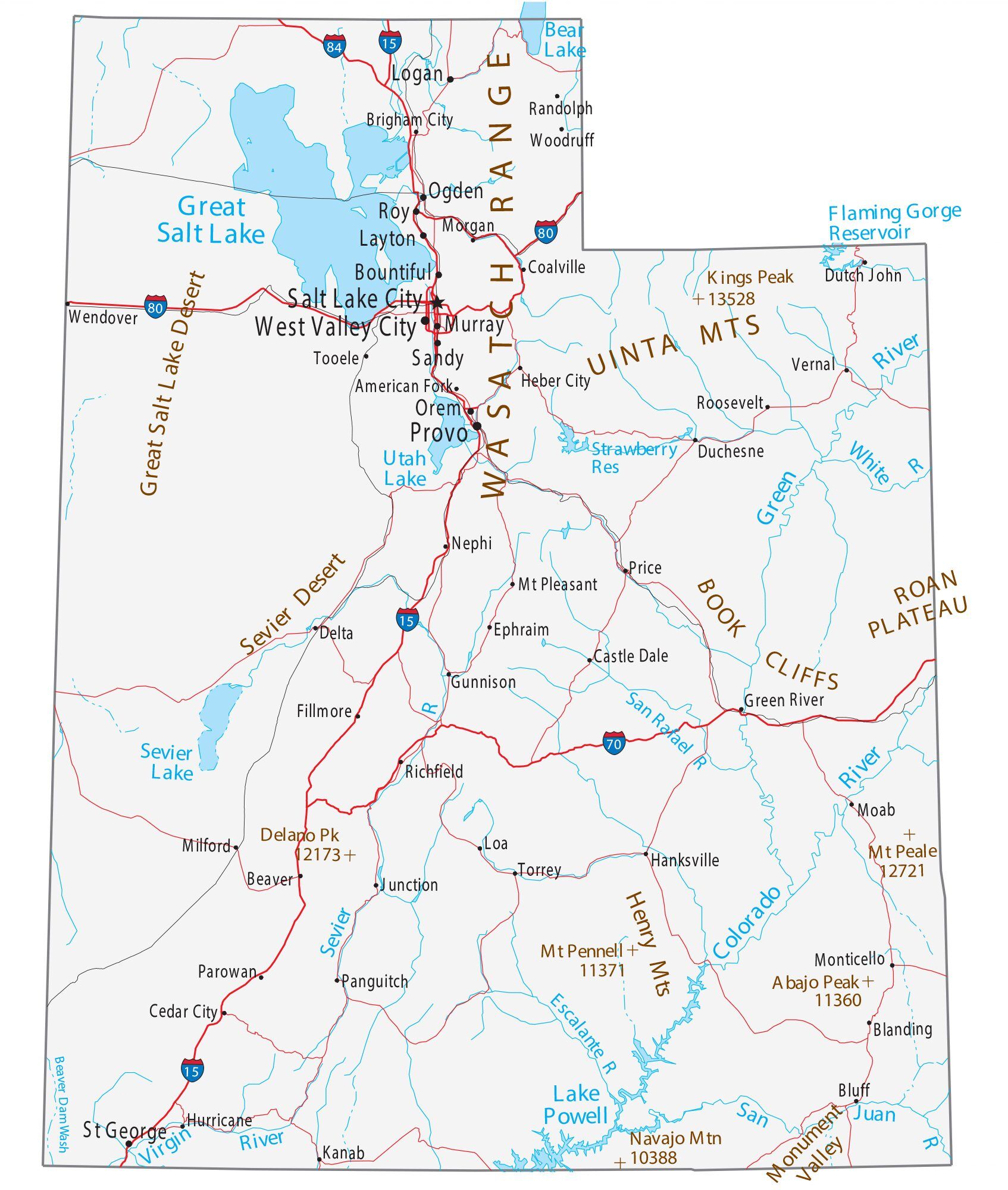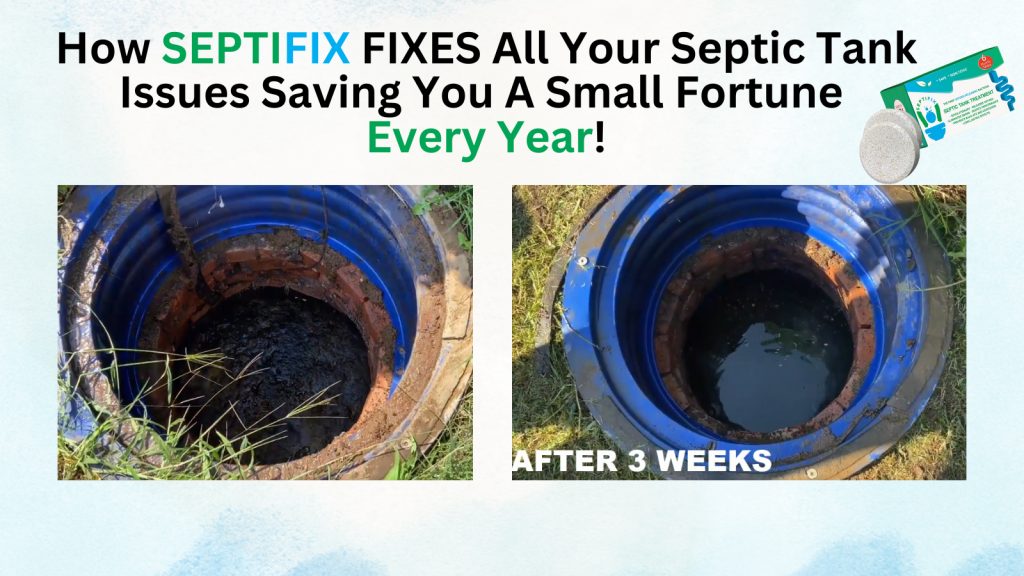Septic systems play a crucial role in managing wastewater for properties not connected to municipal sewer systems. In Utah, understanding and adhering to septic system regulations is essential for protecting public health and preserving the environment. This article provides a guide to Utah septic system regulations, covering permits, installation requirements, maintenance, and compliance.
Table of Contents
- Installation Permits and Requirements
- Wastewater Disposal Rules
- Maintenance and Pumping Guidelines
- Legal Compliance and Penalties
- Costs Associated with Septic Systems in Utah
- Local Resources and Contact Information
- Supportive Resources
- FAQs on Utah Septic System Regulations
Installation Permits and Requirements
Permit Requirements
Before installing a septic system in Utah, homeowners must obtain a permit from their local health department. Utah septic permits ensure that systems are designed and installed in compliance with state and local guidelines. The permitting process typically involves:
- Submitting an application with details about the property and proposed system.
- Conducting a site evaluation to determine soil suitability and system placement.
- Paying permit fees, which generally range from $200 to $1,000, depending on the county and project complexity.
Septic Tank Size and Placement
Utah’s septic tank rules specify guidelines for tank sizing and placement. The tank size depends on household size and daily water usage. For example:
- A two-bedroom home typically requires a 750-gallon tank.
- Larger homes may need tanks with capacities exceeding 1,000 gallons.
Drain fields must be placed at least 100 feet from water wells and 50 feet from property lines. Proper placement ensures efficient wastewater treatment and minimizes environmental risks.
Wastewater Disposal Rules
Utah wastewater management laws regulate how household wastewater is treated and disposed of. These laws aim to prevent contamination of groundwater and surface water. Key regulations include:
- Separation Distances: Septic systems must maintain adequate distances from water sources, including rivers, lakes, and wells.
- Prohibited Materials: Disposing of hazardous chemicals, grease, or non-biodegradable materials into septic systems is strictly prohibited.
- System Design Standards: All septic systems must meet state-approved engineering and design standards to ensure proper treatment of wastewater.
By following these guidelines, homeowners can protect Utah’s natural resources and comply with state regulations.
Maintenance and Pumping Guidelines
Proper maintenance is essential for the longevity and efficiency of septic systems. The Utah health department septic guidelines recommend regular inspections and pumping to prevent system failures. Key maintenance practices include:
- Pumping Schedules: Septic tanks should be pumped every 3 to 5 years, depending on household size and water usage. A family of four, for example, may need more frequent pumping than a smaller household.
- Inspection Frequency: Annual inspections by certified professionals are recommended to identify potential issues early.
- Avoiding Overloading: Limiting water usage and avoiding the disposal of non-biodegradable materials can reduce strain on the system.
By adhering to these practices, homeowners can ensure compliance with Utah environmental regulations and extend the lifespan of their septic systems.
Legal Compliance and Penalties
Consequences of Non-Compliance
Failure to follow Utah septic system regulations can result in significant penalties. Homeowners may face fines ranging from $500 to $10,000, depending on the severity of the violation. Common infractions include:
- Installing a system without a permit.
- Failing to maintain or pump the system as required.
- Discharging untreated wastewater into the environment.
Environmental Protections
Utah’s unique environmental protections emphasize the preservation of groundwater quality and ecosystem health. Strict enforcement of Utah wastewater management laws ensures that septic systems do not harm the state’s natural resources. Homeowners are encouraged to consult local health departments for guidance on maintaining compliance.
Costs Associated with Septic Systems in Utah
Installation Costs
The cost of septic installation in Utah varies based on system type, property size, and soil conditions. Typical expenses include:
- Conventional Systems: $3,000 to $10,000.
- Alternative Systems: $10,000 to $25,000, depending on advanced treatment requirements.
Maintenance Costs
Routine maintenance is a necessary investment for system efficiency. Common costs include:
- Pumping Fees: $300 to $600 per service.
- Inspection Costs: $100 to $300 annually.
Homeowners should budget for these expenses to avoid costly repairs and ensure long-term compliance with Utah septic system permits.
Local Resources and Contact Information
State Agencies
The Utah Department of Environmental Quality (DEQ) oversees septic system regulations statewide. Local health departments provide additional support and guidance for homeowners. Key contacts include:
- Utah DEQ Water Quality Division
- Website: deq.utah.gov
- Phone: (801) 536-4300
- Local Health Departments: Contact your county health department for permit applications and inspections.
Certified Septic Service Providers
Homeowners can find certified professionals through the Utah health department septic division or trusted directories. Hiring licensed contractors ensures compliance with Utah environmental regulations.
Supportive Resources
To help homeowners navigate Utah septic system regulations, several resources are available:
- Guides and Handbooks: The Utah DEQ offers downloadable guides on septic system maintenance and installation.
- Infographics: Visual aids illustrating proper septic tank placement and maintenance schedules are available online.
- Trusted Websites: Certified septic service providers often provide educational content and tools for homeowners.
Conclusion
Adhering to Utah septic system regulations is vital for protecting public health and the environment. By understanding permit requirements, wastewater disposal rules, and maintenance guidelines, homeowners can ensure compliance and avoid costly penalties. Utilizing local resources and certified professionals simplifies the process, ensuring systems operate efficiently for years to come. For more information, contact your local health department or visit the Utah DEQ website today.
FAQs on Utah Septic System Regulations
Do I need a permit to install a septic system in Utah?
Yes, a permit is required to install a septic system in Utah. Homeowners must apply through their local health department. The application typically includes a site evaluation, system design approval, and payment of permit fees, which range from $200 to $1,000 depending on the county.
How often should a septic tank be pumped in Utah?
The Utah Department of Environmental Quality recommends pumping septic tanks every 3 to 5 years. However, the frequency may vary depending on household size and water usage. Larger households may require more frequent pumping to maintain system efficiency.
What are the rules for septic tank placement in Utah?
Septic tanks in Utah must follow specific placement guidelines:
- At least 100 feet away from wells and water sources.
- At least 50 feet from property lines.
- Properly distanced from surface water to prevent contamination.
What happens if I don’t maintain my septic system in Utah?
Failure to maintain a septic system can result in environmental damage and legal penalties. Homeowners may face fines ranging from $500 to $10,000 for violations such as untreated wastewater discharge or system failure due to neglect.
What is the average cost of installing a septic system in Utah?
The cost varies depending on the type of system and property conditions:
- Conventional systems: $3,000 to $10,000.
- Alternative systems (e.g., mound or aerobic systems): $10,000 to $25,000.
Additional expenses may include soil testing and permitting fees.
Are there restrictions on wastewater disposal in Utah?
Yes, Utah wastewater management laws prohibit the disposal of hazardous chemicals, grease, and non-biodegradable materials into septic systems. This helps protect groundwater and ensures proper system function.
Who regulates septic systems in Utah?
The Utah Department of Environmental Quality (DEQ) and local health departments regulate septic systems. They oversee permitting, inspections, and compliance with environmental standards.
What are the penalties for not obtaining a septic system permit in Utah?
Installing a septic system without a permit can lead to fines, legal action, and mandatory system removal. Penalties depend on the severity of the violation but can reach up to $10,000.
Can I repair my septic system without a permit in Utah?
Minor repairs, such as replacing a tank lid, may not require a permit. However, significant repairs or modifications typically need approval from the local health department. Always consult with authorities before starting repairs.
Where can I find certified septic service providers in Utah?
Certified septic professionals can be found through:
- The Utah Department of Environmental Quality’s directory.
- Local health departments.
- Trusted online directories for licensed contractors in your area.
What is the role of local health departments in Utah’s septic system regulations?
Local health departments handle permit applications, site evaluations, and inspections. They also provide guidance on system design, maintenance, and compliance with state regulations.
Are there any financial assistance programs for septic system installation in Utah?
Some counties and environmental agencies offer grants or low-interest loans for septic system installation or upgrades. Check with your local health department or the Utah DEQ for available programs.
What should I do if my septic system fails in Utah?
If your septic system fails, contact a certified professional immediately to assess the damage. You may also need to notify your local health department for guidance on repairs or replacements.
Are there specific rules for alternative septic systems in Utah?
Yes, alternative systems, such as aerobic or mound systems, must meet additional design and installation standards. These systems are often used in areas with challenging soil conditions and require advanced permits and inspections.
Where can I find educational resources about septic systems in Utah?
The Utah Department of Environmental Quality (DEQ) and local health departments offer various resources to help homeowners understand septic system regulations and maintenance:
- Utah DEQ Water Quality Division: Access downloadable guides and resources on septic system care and compliance. Visit the Utah DEQ Septic Systems page.
- Local Health Departments: Many county health departments provide specific guidelines and support for septic systems. Locate your local health department through the Utah Association of Local Health Departments.
- EPA SepticSmart Program: While not specific to Utah, this national program offers helpful resources on septic system maintenance. Visit the EPA SepticSmart page.
- Certified Septic Professionals: Many licensed contractors provide educational content and tools. Check directories or ask your local health department for recommendations.
Septic Tanks in Rural Areas: A Practical Guide for Homeowners
Directory | Wyoming Septic Service Providers : Best Professionals
Directory | Wisconsin Septic Service Providers | Part 3
Directory | Wisconsin Septic Service Providers | Part 2
Directory | Wisconsin Septic Service Providers | Part 1
Directory | West Virginia Septic Service Providers : Best Professionals








